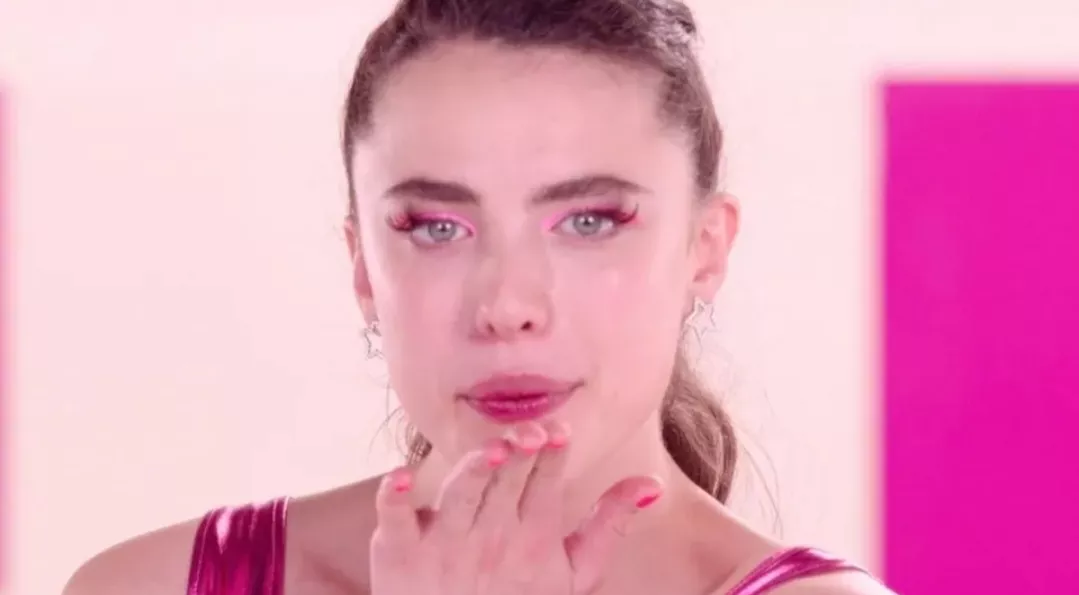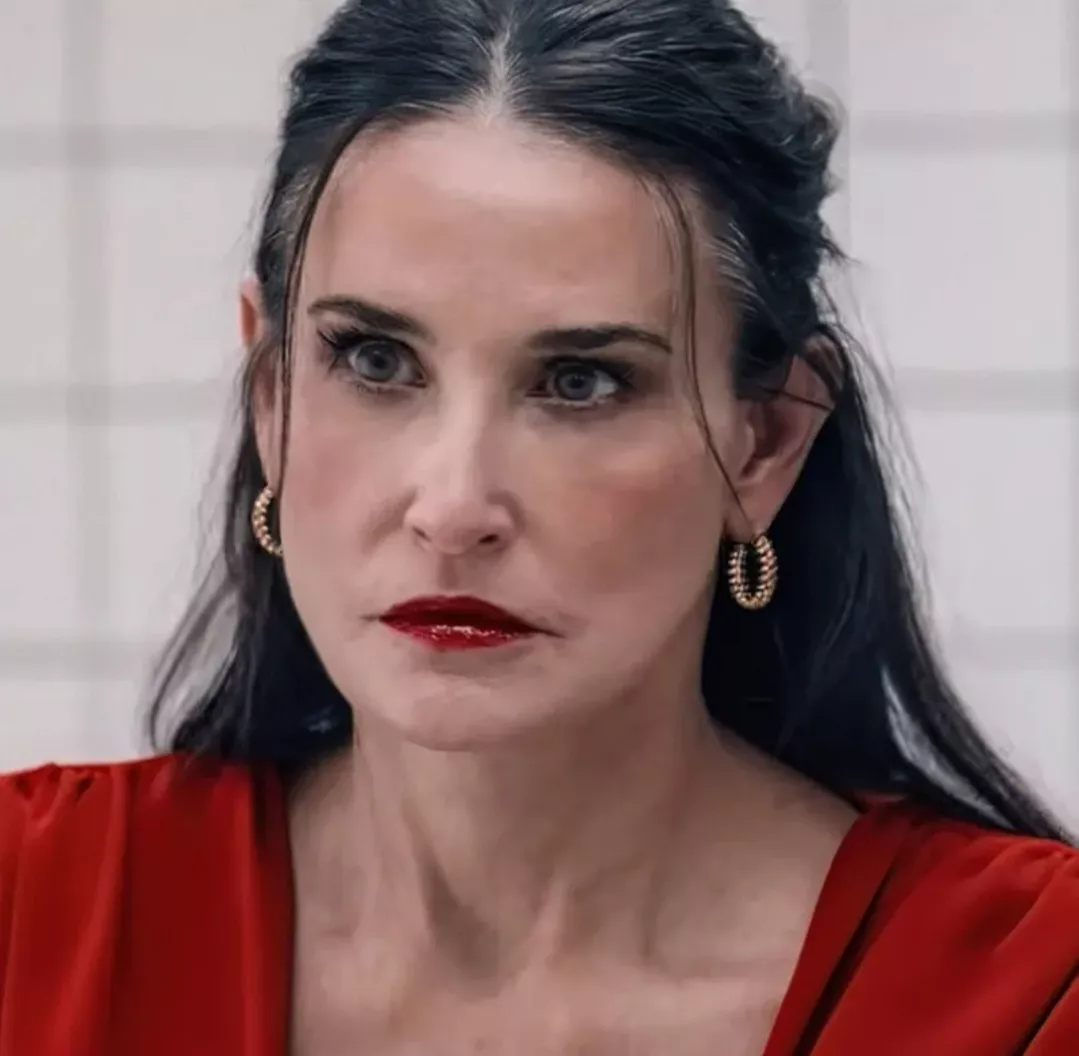The Substance, a popular film directed by Coralie Fargeat, was my 2024 WTF cinema moment. It's by no means a bad movie, but if one takes the time to reflect on it and replays everything that occurs in their mind a few times, the plot appears to be at least questionable.
I want to start a debate on two different topics: the film's deep critique and a more technical one regarding a significant narrative problem.
The primary problem with the critique is not the critique per se, but rather the manner in which it is being presented. I think it's great and appropiate to critique this world full of repulsive and disgusting men. This is especially true in some places where men have a lot more power than women. I completely agree up until that moment. But isn't it a little insubstantial to criticize that with a 60-year-old woman whose sole goal in life is to get back to her former glory so she may flaunt her breasts and ass in an almost pornographic aerobics TV show? Cheers to the substantial!
If this were the movie's original premise, I could understand, but not the whole plot. It would be far more fascinating, enlightening, and EMPOWERING, in my opinion, if that woman, after a while of living out her dream of youth, broke away from everything associated with that world and took a stand in an effort to change things rather than allowing those men to enjoy their misogynistic and sexist outlook on life. Isn't it a little depressing that your protagonist's only wish and ambition is to fit the mold of a hot young lady who just cares about her appearance? Isn't that exactly giving those vile men more power?

The film's powerful point is that machist society causes pain and even psychosis in women, causing them to lose power and control and become pawns in the hands of males. However, I believe the film would take on a more profound dimension if the protagonist could escape the wheel and change her world, setting an example for others to follow. It's interesting to criticize sexism and the trauma it causes, but I believe it would be more powerful to go deeper.
On the other hand, I believe there is a second point of debate in the film's plot: due to the attitudes of both characters and how they act, it is hinted (or appears) that they are two separate entities, with one not feeling or living what the other does. This is evident, for example, in the scenes in which the young woman (Margaret Qualley) is astonished to discover the untidy living room littered with food scraps, reflecting on how poorly the older woman (Demi Moore) is living. Or the older woman's scornful glare at the young woman's advertisement. If she had all those good feelings in her brain, she should be happy and proud to see those posters, and she should be happy in general for having at least one week out of every two to be young, right? It's you; you've been the one who did that and achieved that, so why not be happy then?
If there are ‘two brains’ (as explained), and one does not feel what the other does, it makes no sense for the older one to keep changing bodies. If she never enjoys anything and just ages and rots, what's the point? We could add the madness of injecting that without knowing what it is or what will happen just because she got fired from an aerobics TV show at 60... Lady, love yourself a little more! What do you think?

The screenplay doesn't address additional questions we could have, such as: Do you never pay anything for that treatment? If no one pays, what does that business make its living on, and why is it even in business? Is it an social experiment? Why? For what reason? This is never explained, which undermines the believability of the plot. The science fiction premise that such a replicating treatment exists is valid, and there is no issue with embracing it. However, a movie script's believability and internal coherence are impacted when so many concerns remain unanswered.
Otherwise, the film has several interesting ideas and quite good technical and aesthetic craftsmanship (although in my personal opinion, it repeatedly overuses close-ups as modern directors tend to do), and, moreover, and most importantly, it opens (or continues) an interesting, powerful, and NECESSARY DEBATE. It's a shame that it does so with such superficiality, and even frivolity. I will be delighted to read your comments and discuss your opinions.








Share your thoughts!
Be the first to start the conversation.